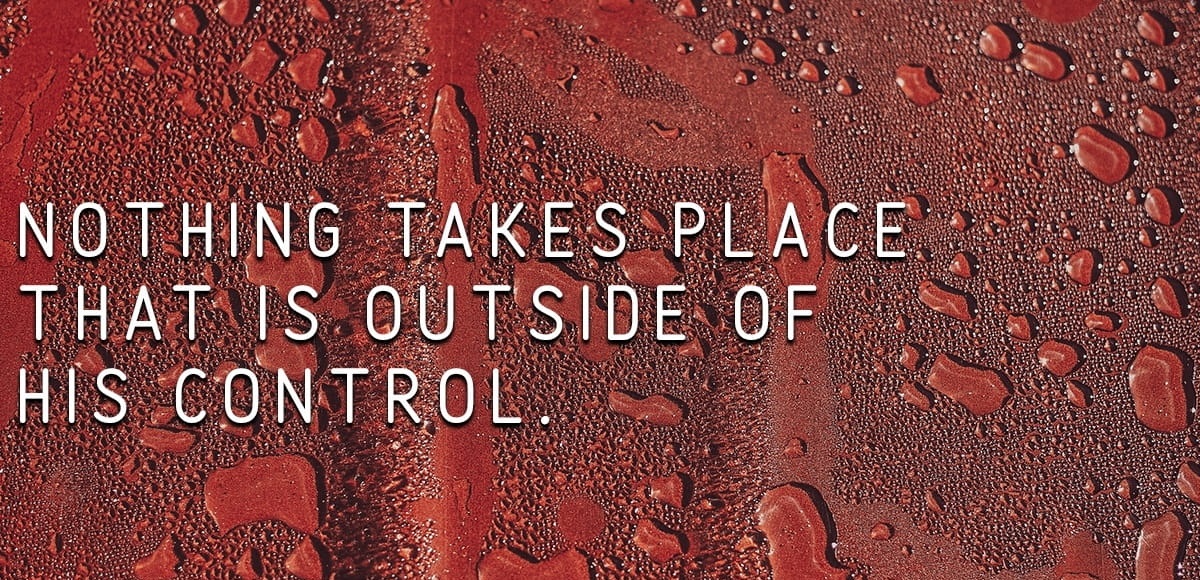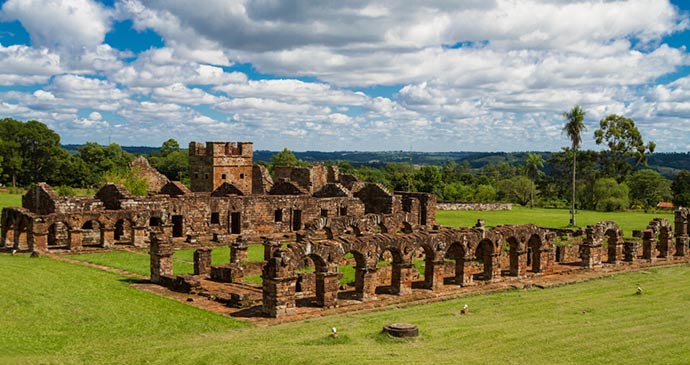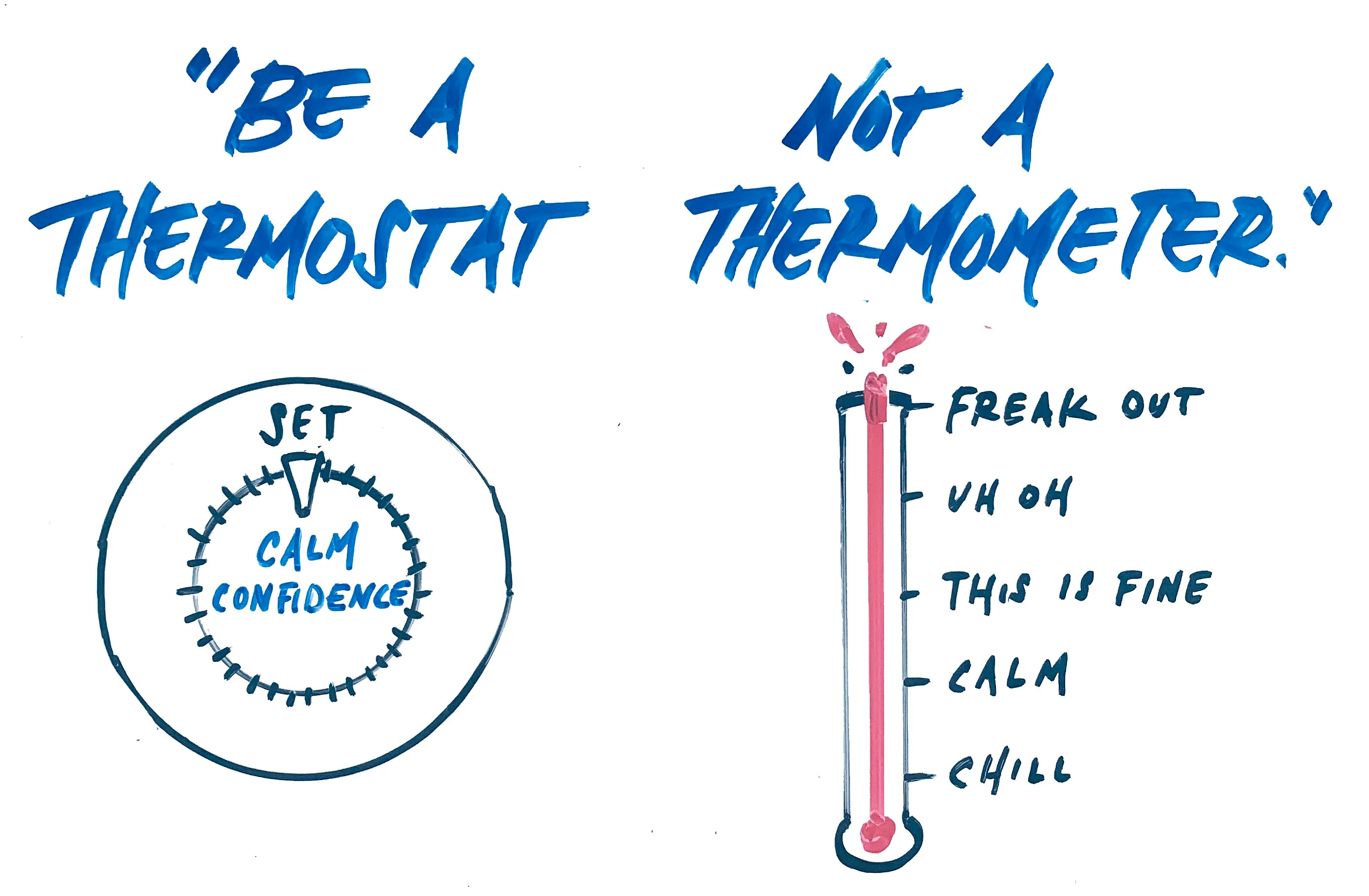“Therefore, as the elect of God, holy and beloved”
– Colossians 3:12 –
If we continue doing what we are doing, we will continue getting the results we are getting.
It is clear that things are not working well in our society. The family, as its foundation, is going through its deepest crisis. We have to do something. That something has to be different from what we have done so far. God’s purpose for the Christian family is not that it should end well, but that it should last forever, for all eternity. We cannot be content with fighting for one year, or many years; we have to fight all our lives in order to be part of a glorious eternity with our loved ones and with the Lord.
However, how do we strengthen our family bonds? Paul challenged us to live as E.H.B., that is God’s Elect, Holy, and Beloved. These three words were the favorites of the Jewish people. They considered themselves the elect (chosen) people, the holy nation, and the beloved of God. Paul, a Hebrew among Hebrews, took these three words and applied them to all people. God’s love and grace had spread to the ends of the earth.
Choice is always a divine initiative. The starting point is God’s sovereignty. His purpose is holiness, that is, setting apart the chosen to live a different life, set apart by Him and for Him as children and a peculiar people.
Holiness is the manifestation of a life in perfect harmony with God. He has created and redeemed us so that our lives may have purpose.
The famous Italian violinist Nicolò Paganini asked that, after his death, his violin be placed in a display case in his home in Genoa so that it would never be touched again. Unused, the instrument was eaten away, ruined, and became an unused old relic. That wooden violin could only have been kept in good condition if it had been used constantly.
Life that is not spent in service to God and our neighbors
hardly serves as a relic iin the display case,
but that which is spent on Christian witness
sends a music whose chords are projected for eternity.
Are you the instrument that is being used, or an unused old relic?










